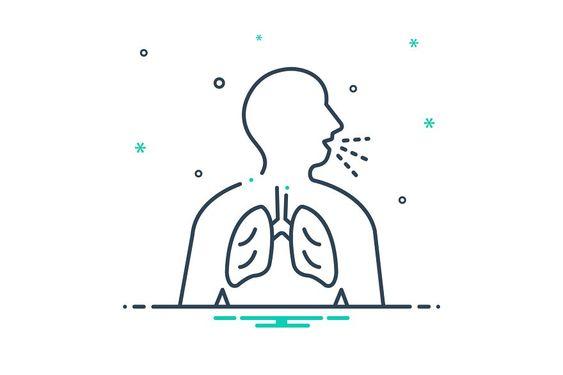Allergy and asthma are two related conditions that often coexist and share similar symptoms.
Allergies occur when the immune system overreacts to harmless substances such as pollen, pet dander, certain foods, or insect stings. Common symptoms of allergies include sneezing, itching, runny nose, watery eyes, and skin rashes.
Asthma is a chronic respiratory condition characterized by inflammation and narrowing of the airways, leading to difficulty breathing, wheezing, chest tightness, and coughing. Asthma symptoms can be triggered by various factors, including allergies, respiratory infections, exercise, cold air, and environmental pollutants.
Treatment for allergy and asthma aims to alleviate symptoms and improve quality of life. This may involve:
- Allergy management: Identifying and avoiding allergens whenever possible, such as pollen, dust mites, mold, or certain foods. Allergy medications, including antihistamines, decongestants, nasal corticosteroids, and allergy shots (immunotherapy), may also be prescribed to reduce symptoms.
- Asthma control: Using medications to control inflammation and open the airways, including inhalers (bronchodilators and corticosteroids) and oral medications. Long-term asthma control medications are often prescribed to prevent asthma attacks and manage symptoms on a daily basis.
- Lifestyle modifications: Maintaining a clean and allergen-free environment at home, using air purifiers, washing bedding regularly, and avoiding exposure to tobacco smoke and other respiratory irritants.
- Asthma action plan: Developing a personalized asthma action plan with a healthcare provider to manage asthma symptoms and respond effectively to asthma attacks.
- Monitoring and follow-up: Regular monitoring of symptoms and lung function, along with periodic follow-up visits with a healthcare provider to adjust treatment as needed.
In some cases, allergy and asthma symptoms may improve over time, while in others, long-term management and medication may be necessary to control symptoms and prevent complications. It’s essential for individuals with allergies and asthma to work closely with healthcare professionals to develop an effective treatment plan tailored to their specific needs.

